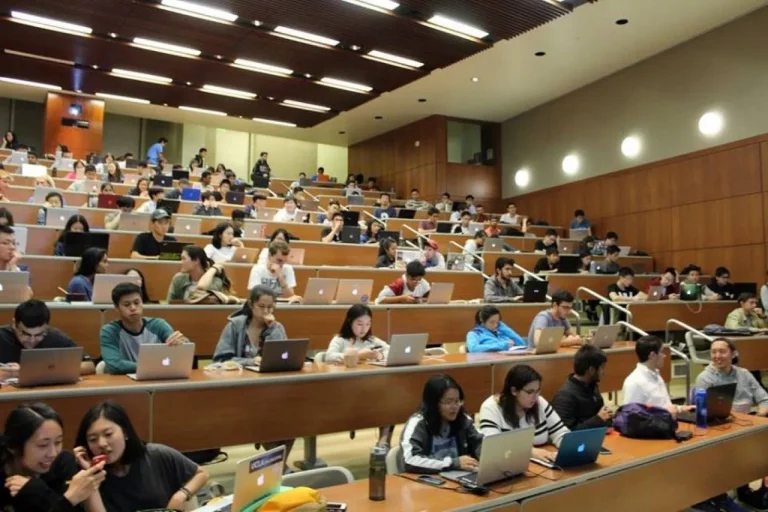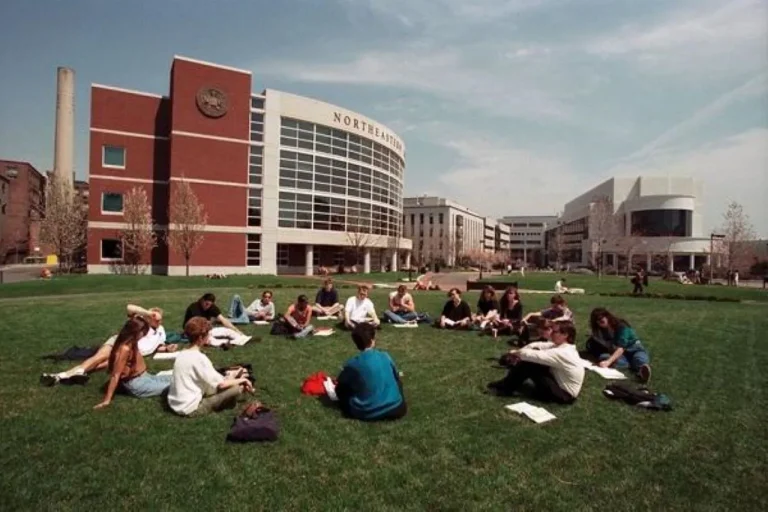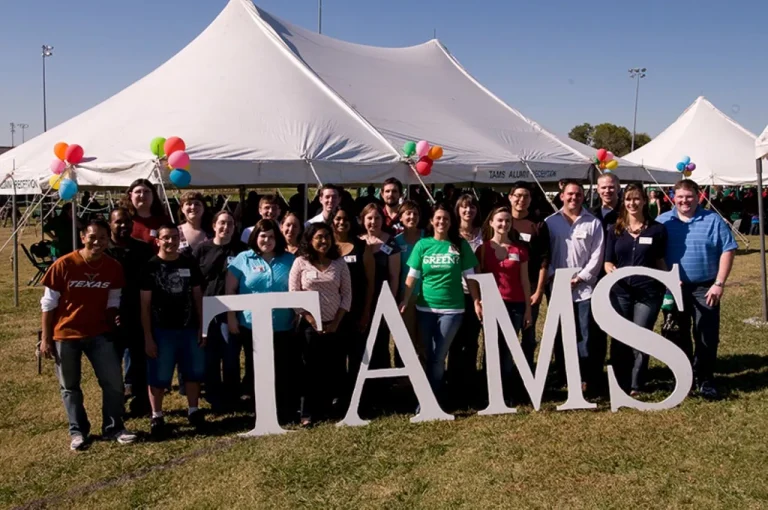Is Ap Human Geography A Social Science? An In-Depth Look
For high school students looking to get a head start on college credits, Advanced Placement (AP) courses offer an attractive opportunity. AP Human Geography is a popular AP course choice, covering the study of human populations and how they relate to their physical environments.
But is AP Human Geography considered a social science? Let’s take an in-depth look at the curriculum and objectives of this course to find out.
Understanding Social Sciences
When discussing the field of AP Human Geography, it is important to understand its place within the realm of social sciences. Social sciences encompass a wide range of disciplines that focus on studying human behavior, societies, and the relationships between individuals and groups.
These fields utilize various methodologies to analyze social phenomena and provide valuable insights into the complexities of human society.
Defining social sciences
Social sciences can be broadly defined as academic disciplines that study human society and social relationships. These disciplines aim to understand and explain various aspects of human behavior, including cultural, economic, political, and geographical factors.
The primary goal of social sciences is to develop theories, models, and frameworks that can help us comprehend and predict social patterns and dynamics.
AP Human Geography is considered a social science because it explores the spatial organization of human activities and their impact on the Earth’s surface. It examines how humans interact with their environment, how they shape and are shaped by their surroundings, and how these interactions vary across different regions and cultures.
Common social science disciplines
There are several common disciplines within the field of social sciences that focus on different aspects of human society. These include anthropology, sociology, political science, economics, psychology, and geography.
Anthropology: Anthropology is the study of human societies, cultures, and their development over time. It seeks to understand the diversity of human cultures, beliefs, and practices by examining social, cultural, and biological aspects of humanity.Sociology: Sociology explores the structure, organization, and functioning of human societies. It examines social interactions, institutions, and social change to understand how individuals and groups are shaped by social forces.Political Science: Political science focuses on the study of political systems, institutions, and ideologies. It examines the distribution of power, the functioning of governments, and the processes of decision-making in order to understand political behavior and dynamics.Economics: Economics is the study of how societies allocate resources to meet their needs and wants. It explores the production, distribution, and consumption of goods and services, as well as the behaviors and decisions of individuals, businesses, and governments in relation to economic activities.Psychology: Psychology is the study of the human mind and behavior. It examines individual and group behavior, cognitive processes, emotions, and the factors that influence human thought and action.Geography: Geography is the study of the Earth’s physical features, climate, and human activities. It analyzes the spatial patterns and relationships between people, places, and environments, and explores how these interactions shape societies and landscapes.
These disciplines, including AP Human Geography, contribute to our understanding of human society and provide valuable insights into the complexities of the world we live in. They help us comprehend the interconnectedness of various social factors and their impact on individuals, communities, and the global community as a whole.
AP Human Geography Course Overview
Course curriculum and topics
The AP Human Geography course is designed to provide students with a comprehensive understanding of the patterns and processes that shape human societies. It explores the interactions between human populations, cultures, and their environments.
The curriculum covers a wide range of topics including population dynamics, migration patterns, cultural landscapes, political geography, and economic systems.
Students learn about the spatial distribution of various phenomena, such as language, religion, and urbanization, and how these factors influence social, political, and economic structures. They also study the impact of globalization, sustainable development, and environmental issues on different regions of the world.
The course encourages students to think critically and analyze data to make informed decisions about real-world issues.
Skills developed in the course
The study of AP Human Geography develops a range of skills that are valuable in various academic and professional endeavors. Students learn to think spatially and analyze geographic data using maps, graphs, and charts.
They develop the ability to interpret and evaluate different types of information, including statistical data and qualitative evidence.
Furthermore, the course cultivates critical thinking and problem-solving skills as students analyze complex issues and propose potential solutions. It also enhances their research and communication skills as they gather and present information effectively.
Students develop a global perspective and an appreciation for cultural diversity, which are essential in today’s interconnected world.
According to the College Board, the organization responsible for administering the AP exams, students who take AP Human Geography have a higher likelihood of succeeding in college and beyond. The course helps students develop skills that are applicable to a wide range of disciplines, including social sciences, environmental studies, international relations, and urban planning.
Is AP Human Geography a Social Science?
AP Human Geography is a course offered by the College Board that explores the patterns and processes that shape human societies. It examines various aspects of human existence, including population, culture, migration, urbanization, and political systems.
While some may argue that AP Human Geography is a social science, it is important to analyze the course content and the classification given by the College Board to determine its classification.
Analysis of course content
The content covered in AP Human Geography aligns closely with the subject matter of social sciences. The course delves into topics such as population growth, cultural diffusion, and the impact of human activities on the environment.
Students are exposed to theories and concepts from disciplines like sociology, anthropology, and political science. By studying human behavior and societal patterns, students develop a deeper understanding of human societies and their interactions.
Furthermore, the methodologies used in AP Human Geography resemble those employed in social sciences. Students learn to analyze data, conduct research, and interpret statistics to draw conclusions about human behavior and its consequences.
They also explore case studies and engage in critical thinking exercises to apply their knowledge to real-world situations.
Classification by the College Board
The College Board, the organization responsible for creating and administering the AP program, classifies AP Human Geography as a social science course. It is listed alongside other social science subjects, such as AP Psychology, AP Government and Politics, and AP Economics.
This classification recognizes the course’s focus on the study of human societies and the systematic way it approaches the analysis of human behavior and societal patterns.
By categorizing AP Human Geography as a social science, the College Board acknowledges the significance of understanding human societies and the interconnectedness of various social, cultural, and political factors.
This classification also highlights the course’s relevance in preparing students for college-level coursework in social sciences and related fields.
Conclusion
In summary, while AP Human Geography contains some topical overlaps with traditional social science disciplines, its main focus is on spatial and geographical analysis. The College Board itself identifies it as falling under a separate subject area.
Overall, the evidence suggests that AP Human Geography is best categorized as a human geography course rather than a true social science.







